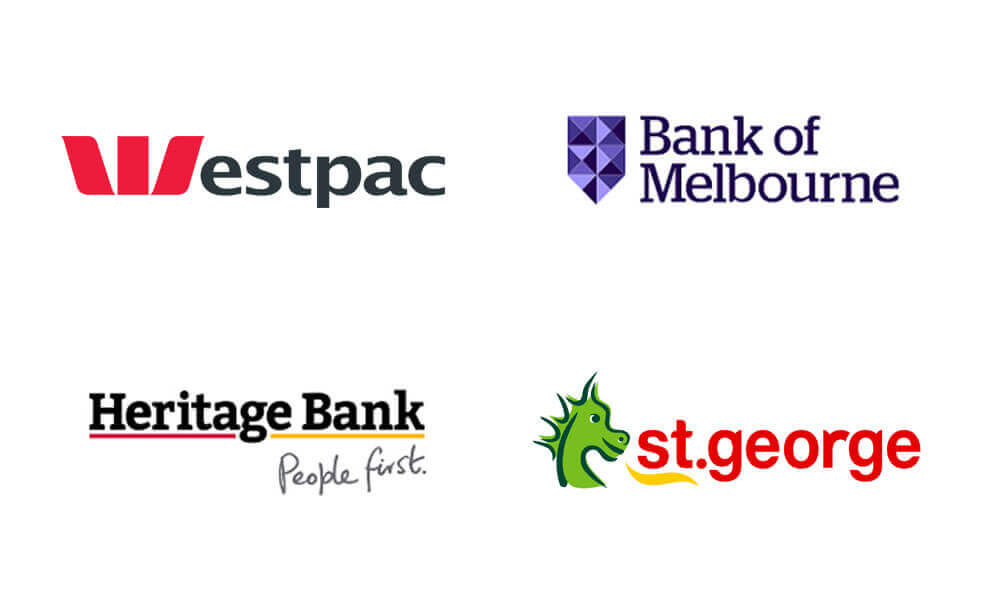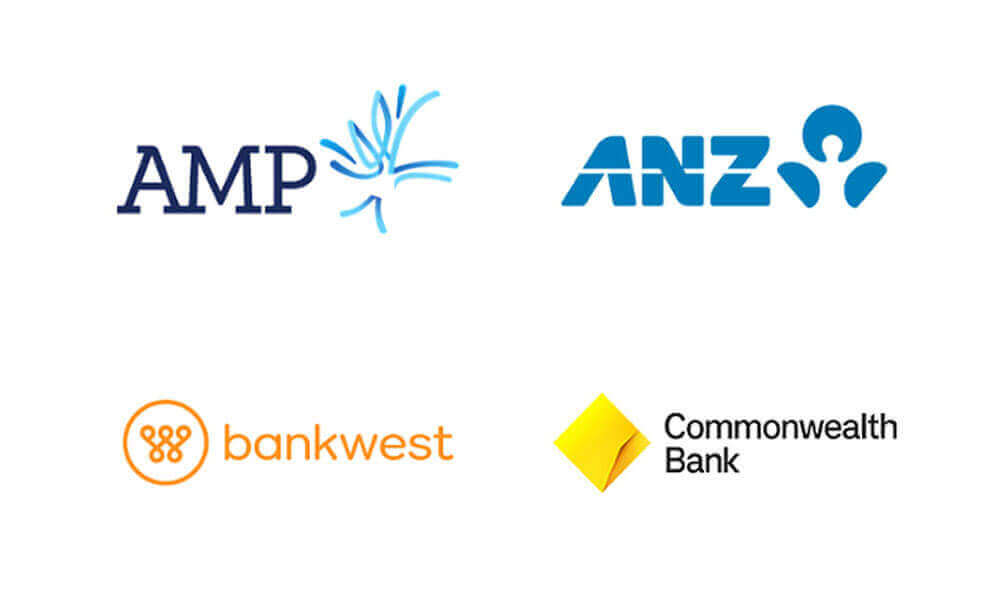
How to make a pre-auction offer
With auction clearance rates soaring above 80% in many markets in recent weeks, the competition…

Brought to you by The Blossom App.
Financial products and instruments can be unnecessarily complicated.
Traditionally, this has meant that that the people who understand these products nd who make the most money are the ones who already have it. But we’re into making things simple, so let’s look at compounding returns.


Compounding returns is one of those things that can be hard to calculate, but easy to benefit from:
You’re earning mony not just on the money you started with, but also on your earnings – and it grows over time, exponentially. The rate of return offered by banks or financial institutions is usually stated annually (e.g. 2.5% per annum, 5% per annum) but it can be compounded daily, monthly, or annually.
Here’s a simple example: Just say you deposited $100 in an account with a return rate of 5% p.a., compoundedannually:
After one year: You’ve earned 5% p.a. of $100, which is $5. Your new balance is $105
After two years: You’ve earned 5% p.a. of $105, which is $5.25. Now you have $110.25
After three years: You’ve earned 5% p.a. of $110.25, which is $5.51. Your balance is $115.76
And so on. Where it becomes slightly more complicated, but more rewarding, is when your annual returns are calculated (and added to your balance) daily, or monthly. This is a better deal overall, given that your balance has more frequent contributions and your principal investment grows faster. So in the above example, 5% p.a. based on 365 days a year with returns posted daily is $115.92 after 3 years.
We love compound returns for savers. Get your money making money – it should be working as hard as you do, after all. Learn more about The Blossom app here.
Important Information: BlossomApp Pty Ltd may pay fees to 1st Street Financial in relation to investments in the Blossom Fund.

With auction clearance rates soaring above 80% in many markets in recent weeks, the competition…

Are you new to the world of property investing? If you’ve ever felt perplexed by…
We can help get you into your new home.
We’ve worked with clients across Australia to access the different first home owner grants (FHOG) as well as the various stamp duty and other concessions that may be available depending on which state you are in. We can talk you through your various options as well as helping you compare things like buying vacant land vs. an established home.
Use our online calculators to work out how much you can borrow, loan repayments, stamp duty and lots more.






